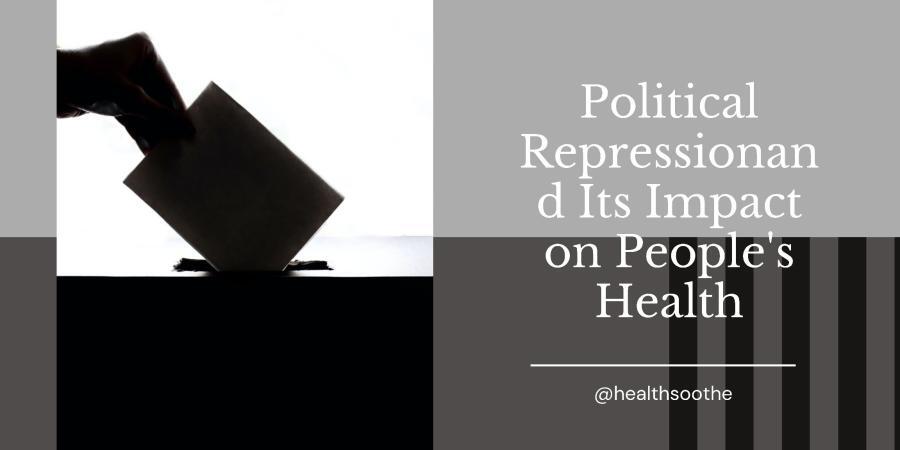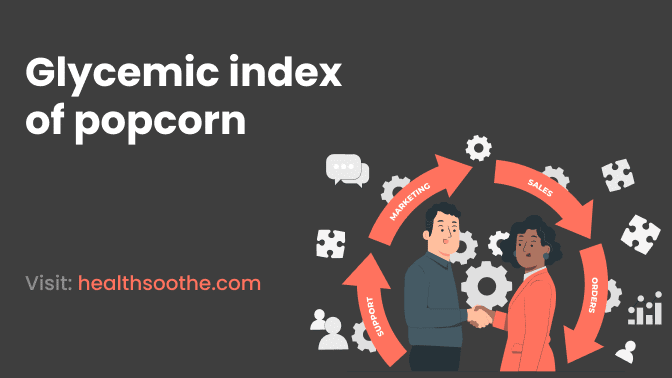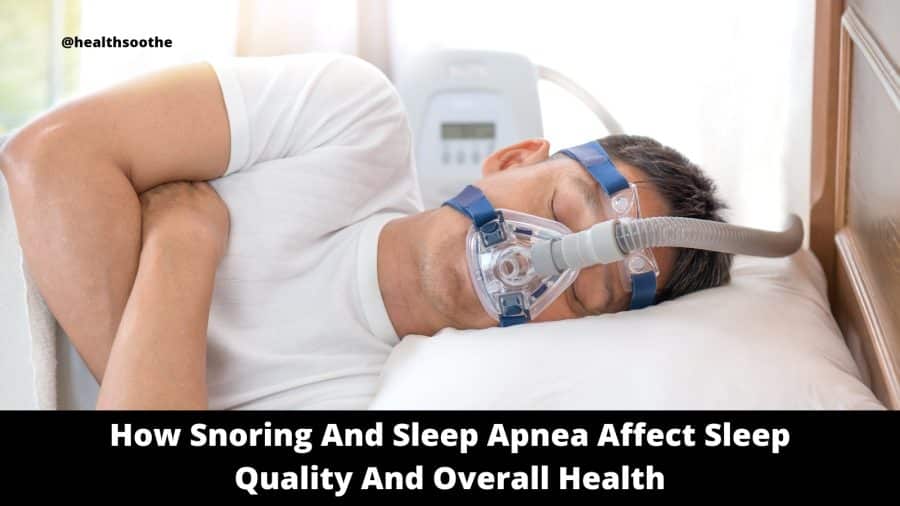What is political repression? When a government uses violence to keep its individuals from using their political rights, this is called political repression. Common forms of political repression include:
- human rights abuses
- invasive surveillance
- excessive police force
- arbitrary arrest and detention
- forced relocation
- the denial or intentional disregard of voting rights.
Domestic terrorism, genocide, and crimes against humanity may all apply in cases of political repression. Political repression is often carried out by:
- intelligence service
- the military, paramilitary organizations
- extrajudicial executions.
In general, it is a hallmark of dictatorial regimes, totalitarian governments and similar authorities. Democratic settings are not immune to repressive activities, some of which may even end in the murder of the repressed individual.
By the way, a popular question among students and other people sound like “Are human rights political?” In fact, there is a difference between political and human rights. Human rights are universal and should never be up for debate, although political rights can be.
The impact of political repression on health
Psychological issues might be triggered by political repression. Let’s discuss the most severe of them below.
Depression
When there is political unrest and bloodshed, people are prone to depression. According to the existing studies, the frequency of depression among Afghan citizens of all ages has been steadily rising due to the country's extended political instability. The elderly and the young are more likely to experience depression than middle-aged people, according to the research. You can find examples of political ideology in student essays as it’s one of the most common topics assigned nowadays. But getting back to health, medication and cognitive therapy have been shown to be effective in treating depression. It is possible to combine the two therapies for enhanced effectiveness.
Anxiety
One more prevalent effect of political unrest is increased anxiety. A significant majority of the repressed population suffers from anxiety and experiences regular panic attacks. This mental disorder might be thought of as a milder type of major depression. Again, both medications and cognitive behavioral treatments are available for treating anxiety. But the latter being the preferred option for younger patients and adolescents.
PTSD
Some people acquire post-traumatic stress disorder (PTSD) after being exposed to a terrifying or potentially life-threatening event. Feeling scared during and after a terrifying experience is normal. The human body undergoes a cascade of instantaneous changes in response to fear. As a natural defense mechanism, the "fight-or-flight" reflex prepares a person to either stand their ground or flee from danger.
According to a meta-analysis of PTSD studies, the disorder is prevalent among politically repressed people. It also responds best to psychosocial treatments. Every person's symptoms and illness severity are unique. Thus each person's intervention plan should be tailored specifically to them. Mental health experts say that chronic PTSD is related to negative and permanent change in personalities or life aspirations of repressed individuals.
Global issues of political repression
Recent years have seen a rise of conflicts between the main regional powers, especially between the United States and China, with Russia, as shown by a comparison study. China has made no secret of its ambitions. The country wants to spread its political system and overtake the United States as the world's top economic power. At the same time, Russia has shown a preference for undermining democracies and growing its own sphere of influence. The United States' goal during this crisis is to keep its dominant status and global economic primacy.
China and Russia are both authoritarian nations. It means they use repression to silence criticism. So it's not surprising to see parallels in their approaches to political repression. The reason for this is that these political regimes are based on very oppressive laws. They also have massive security organizations and a court that can regulate, harass, criminalize, and arrest dissidents.
Although African Americans in the United States continue to face institutional discrimination and excessive use of force, political space is not restricted to the same degree as it is in Europe. Occasionally, proponents of activist, immigrant, and other rights have been targeted for persecution by US justice authorities.
The three nations have very different political structures and economic capacities. However, a number of parallel tendencies can be seen.
In conclusion
Political violence has numerous negative effects on people's physical and mental health. This acute issue is discussed in almost every second political ideology essay written by students nowadays. Recovering from political violence is a group effort. It requires restoring faith in one another and working together. We need to find solutions for making political repression the exception rather than the rule. This way we can create more just and livable communities on both a global scale.



